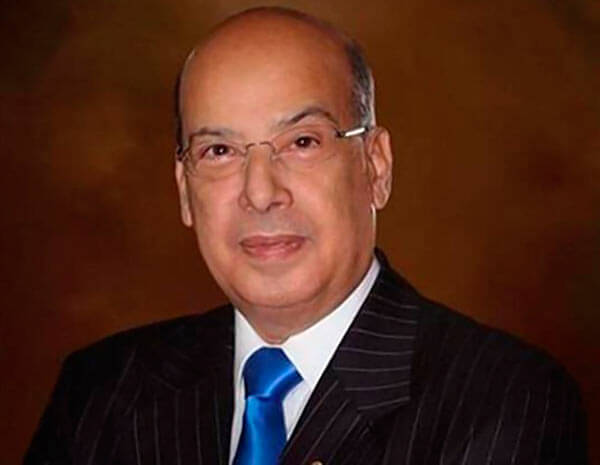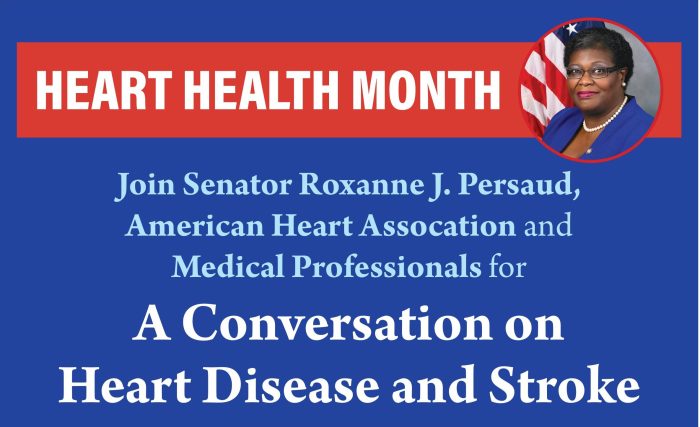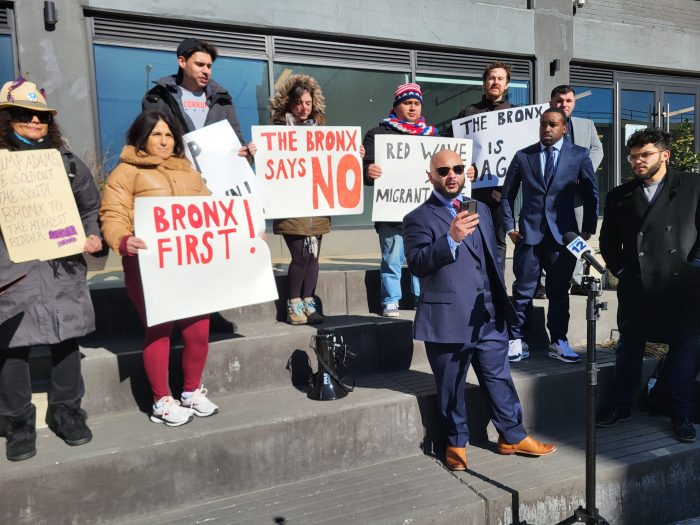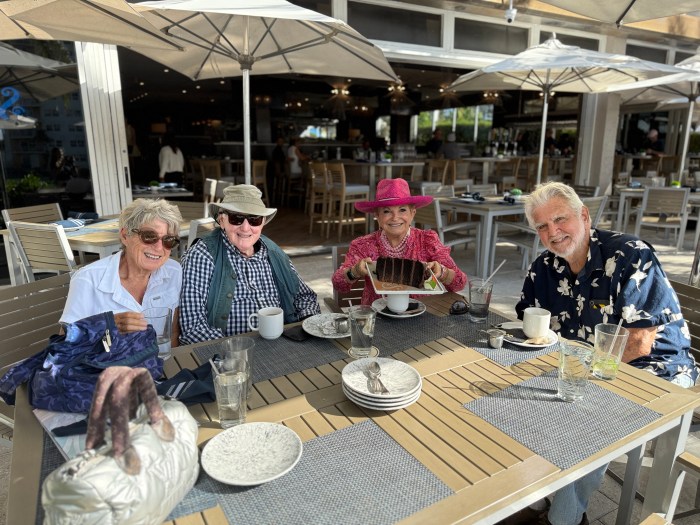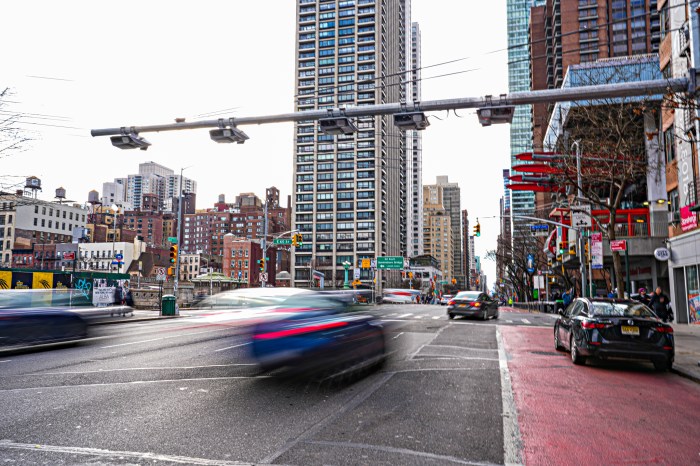The block on 122nd Street, between Lenox Avenue and Malcolm X Boulevard in Harlem, was co-named on June 25 in honor of the late co-founder of the Antigua and Barbuda Progressive Society, Inc. (ABPS), Bishop James P. Roberts, Sr.
“I am extremely proud to be the president of such a prestigious society at this time,” ABPS President Arizé Lee told Caribbean Life over the weekend on the naming of the “Bishop James P. Roberts, Sr. Way.”
“The legacy of Bishop James P. Roberts, Sr. and my ancestors who founded ABPS will continue to live on,” Lee added. “Co-naming the block in his honor is a testament to the contributions he has made in the Harlem community.”
Mona Wyre-Manigo, former ABPS president and administrator of the co-naming project, also told Caribbean Life that she believed that “Bishop James P. Roberts, Sr. knew how important it was to provide a feeling of belonging and coming together as Caribbean people arriving in a new country.
“He established a church and a society for Antiguans, which served them well, giving guidance to education, social interaction and spiritual guidance,” she said.
According to Antiguanewsroom, an online publication, Bishop Roberts migrated to New York City in the early 1900s from Newgate Street, St. John’s, Antigua, gaining employment as an elevator operator in a commercial building in Harlem while, simultaneously, pursuing academic studies at night.
Roberts was a member of the Holy Cross Pro-Cathedral of the African Orthodox Cathedral and a part of the United Negro Improvement Association, founded by the late Jamaican National Hero, Marcus Mosiah Garvey, Antiguanewsroom said.
It said Roberts later became a postulant in the Endich Theological Seminary, under the tutelage of his Eminence George Alexander McGuire, before he was admitted to the Holy Orders.
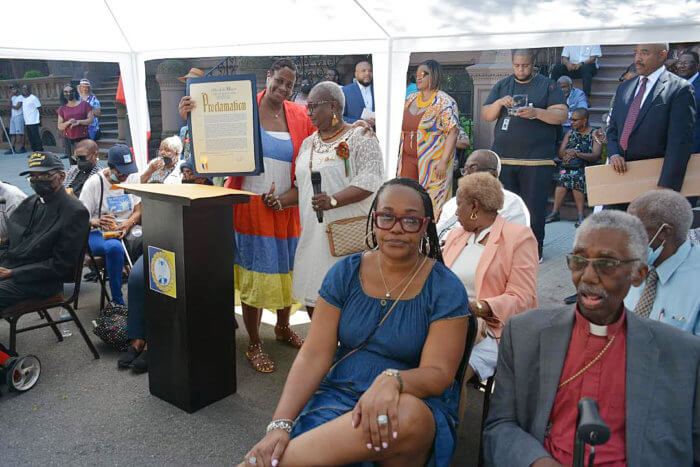
On Aug. 22, 1934, during the Great Depression, Bishop Roberts and a group of 22 fellow Antiguans living in Harlem, founded ABPS, Antiguanewsroom said.
“As president of the organization, Bishop Roberts, through the organization, provided new immigrants with spiritual guidance and economic support to help them navigate the challenges they faced arriving in a new country,” it said.
Antiguanewsroom said the “New Deal”, enacted by then US President Franklin D. Roosevelt, rolled out a series of social programs, but it said these programs did not address the needs of new immigrants.
In 1964, Antiguanewsroom said ABPS purchased the brownstone building located at 12 West 122nd Street in Harlem, which continues to serve as its headquarters.
It said “the block on which this edifice stands” was officially co-named in honor of the ABPS’ first president, Bishop James P. Roberts, Sr.
In 2012, Antiguanewsroom noted that 50 years of ABPS’s history were featured at the Schomburg Center, Research in Black Culture in an exhibit titled “A Light House in New York.”
“The Antigua and Barbuda Progressive Society continues to be a ‘lighthouse’ in Harlem, dedicated to the principles of promoting and cultivating social and intellectual activities among its members and throughout the Harlem community for almost 90 years,” Antiguanewsroom said.
“We are extremely proud of the work that the ABPS has done for almost nine decades,” Wyre-Manigo said. “We are proud that we can preserve the dreams, aspirations and physical movements of our ancestors.
“It is critical that we continue to highlight the accomplishments and contributions of Caribbean people, as we remain a beacon of faith, hope and charity for future generations,” she added.



